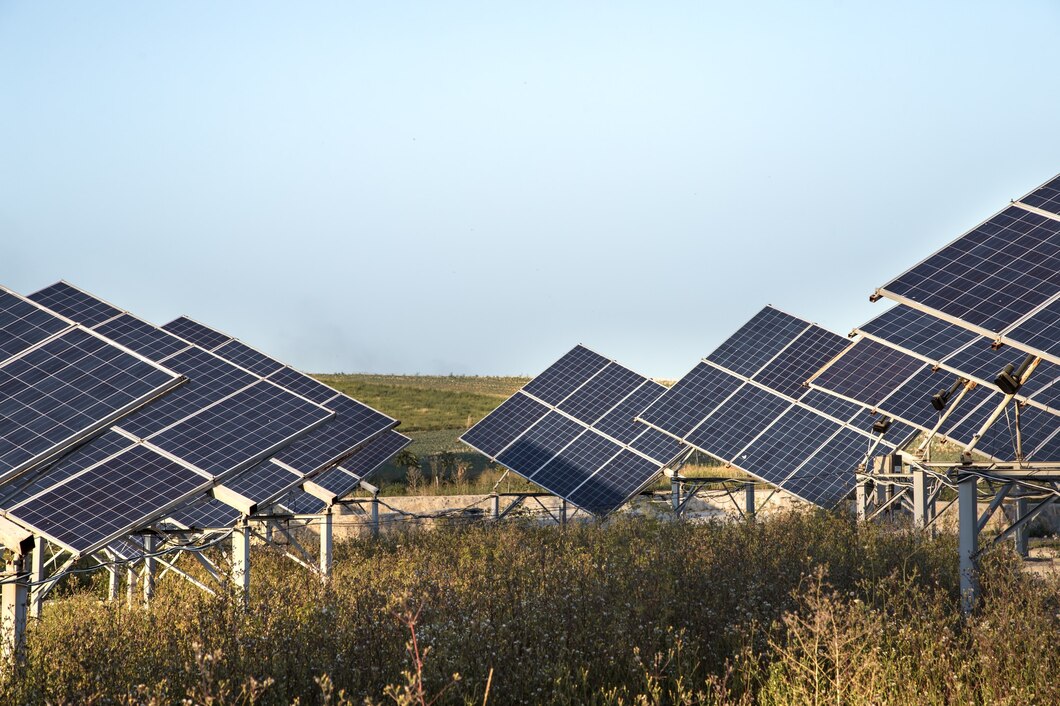ZESCO, Zambia’s national electricity provider, has recently completed the installation of 23 generators across critical institutions in Lusaka, Chilanga, Kafue, and Mumbwa. These generators were meant to address power shortages and provide a reliable energy source to vital public facilities. However, ZESCO Spokesperson Matongo Maumbi has admitted that running these generators has proven to be far more expensive than anticipated.
In a recent interview, Maumbi revealed that the government is now reconsidering its approach to energy provision for public institutions. While the initial plan involved using generators, it has become clear that their operational costs are unsustainable. “The first 23 [generators] are all in, and all were installed. But the thinking now is to skip further installations and instead move towards solar energy. Generators have proven to be very expensive,” said Maumbi.
The shift towards solar energy reflects ZESCO’s growing commitment to more sustainable and cost-effective solutions. With solar power technology advancing rapidly and offering long-term benefits, the corporation now sees it as a viable alternative to the high costs associated with running diesel-powered generators.
Currently, ZESCO is generating approximately 100 megawatts of power from its Kariba North Bank Power Station (KNBPS), a key energy source for the country. However, the increased demand for electricity, coupled with the rising costs of maintaining backup generators, has prompted the government to explore renewable energy solutions.
Solar power presents a long-term, environmentally friendly alternative. Unlike diesel generators, which require frequent fuel replenishments, solar systems have minimal operational costs once installed. This transition aligns with global trends towards renewable energy adoption, as well as Zambia’s own goals of reducing dependency on fossil fuels and mitigating the environmental impact of energy production.
As ZESCO moves toward solar installations in more public institutions, the hope is to reduce costs and provide a more stable and sustainable energy source. The government’s new approach signals a commitment to modernizing Zambia’s energy infrastructure and fostering a more sustainable future for all citizens.
While the transition to solar power may take time and involve initial investments, the shift marks a positive step forward in Zambia’s pursuit of an energy-efficient future. ZESCO’s move to embrace solar energy underscores the growing importance of innovation and sustainability in tackling the nation’s energy challenges.






